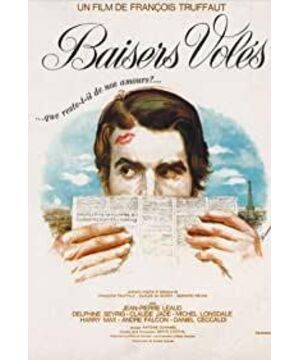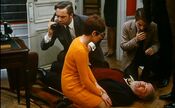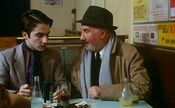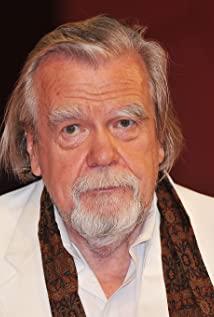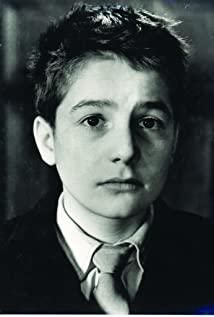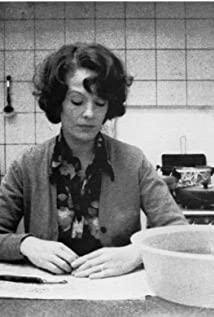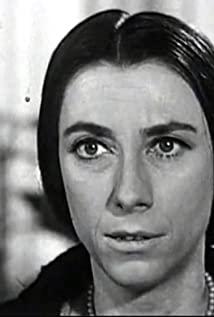In 1968, Truffaut filmed "Stealing a Kiss." The first shot of this film is the closed door of the French Film Archive. From this, we entered a 68-year-old France. There are only three things, movies, politics, and love. No one can escape.
Antoine wandered on the streets of France. This young man of four hundred hits has now grown into a handsome and lovely private detective. She follows the noble lady she has never met, and falls in love with the wife of the client. This kind of story happens every afternoon in France. Romantic and fresh.
Truffaut did not want to make another political film in that era, so he once again told the story of Antoine, but in his peaceful and passionate career as a detective, earth-shaking happened in the outside world. Variety.
Like all people who love movies at that time, between shooting "Stealing a Kiss", or almost every bright morning in '68, Truffaut, Godard, Chabrol, and even Samuel Fowler. American seniors. They will all gather at the door of the locked French Film Archive. They shouted the same name together-Henri Langlois. This year, because of this person, the children of the New Wave, united together like never before.
Langlois, the curator of the library, is also a teacher of the New Wave. His dismissal caused so many uproars. Young people stand up and fight for the film, against the police, against oppression, and against cultural fascism. Just like that passionate age, young people live in movies.
The storm in May continued to escalate, and this time it became a real revolution. Not only movie fans, students in Paris have all stepped forward, and workers have also stepped onto the front desk. They are asking for greater reforms. What they want is communism, what they want is Mao Zedong Thought, and they want to support the Red Guards in Paris as far away as China. But all this is just a cover. What they want is not a second China, but a fundamental reform of France.
The film movement has come together with the student movement. This time, the New Waves are no longer lonely.
At the Cannes Film Festival that year, Truffaut made a speech that shocked the film industry. He called on all directors to withdraw from the Cannes Film Festival, support the May Storm, support the student movement, and support the new wave. He, Godard, and Chabrol lobbied around at the film festival, calling for rain. Under their call, directors such as Milos Forman and Roman Polanski withdrew their works to support the student movement. And this time, it also became the only Cannes Film Festival to be suspended midway.
Decades later, in 2003, Italian director Bertolucci used a film "Dream of Paris" to take us back to the turbulent France of 68 years. The three young people became acquainted during the demonstration in the Film Archive, living in discussions about film and politics, and of course, love. The love of movies has become a symbol of that generation of young people. They hide in the house with only movies and only sex, regardless of the revolution that is in full swing outside. And when this kind of erosion was about to bring them to the death of martyrdom, the chairs that flew into the house brought the revolution to everyone. They took to the streets and became a new force in the October student movement. They not only love movies, but also want to change the injustices of this society. The young should not go to passive death, but should go to the revolution of fighting and fearless love. Perhaps this is the best answer for young people in 1968.
Film critic Kafkalu once wrote in an article that "We also listen to Dylan and Jimmy's songs, but we were born 20 years late." And I want to add that not only are we born 20 years late, we should be born in France 20 years ago. The movie theaters at that time were occupied by movie fans. All young people were looking for the beauty they wanted in old movies. Movies at that time had no borders and time. The heroes of '68 are the geniuses of the new wave. They are loved by everyone because of their youth and vitality, because they dare to make movies that others dare not make.
The streets in 1968 belonged to young people. They wanted to express themselves, to gain fairness, and to love and peace. They did everything they could. In 68 years, how rebellious, how youthful, and how angry.
And when 1968 faded, when the student movement failed, when the new wave came to an end. After a few decades, what are we left with. The cinema is still young, but the new generation of them has long forgotten what a movie is, and they have become prisoners. And it is the "Transformers" and "Harry Potter" who occupy the cinema. The young people still take to the streets, but they no longer fight. We became everything that the generation despised without knowing it.
Bertolucci once said in an interview, "Although I am an Italian, I aspire to be one of them (New Wave)". Yeah, who isn't.
In 1988, 20 years away from that turbulent era, I came to this world.
At the same time, another movement is secretly brewing...and
then, another 20 years. . .
View more about Stolen Kisses reviews


